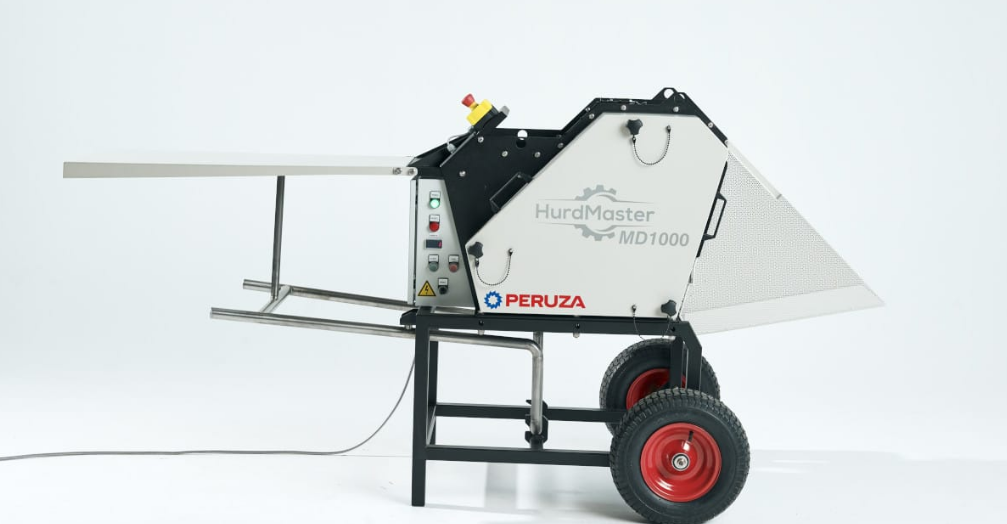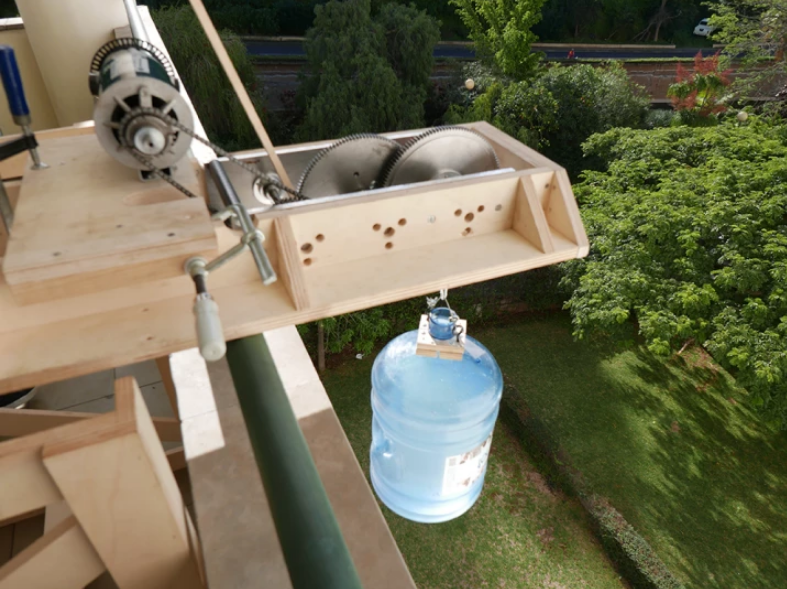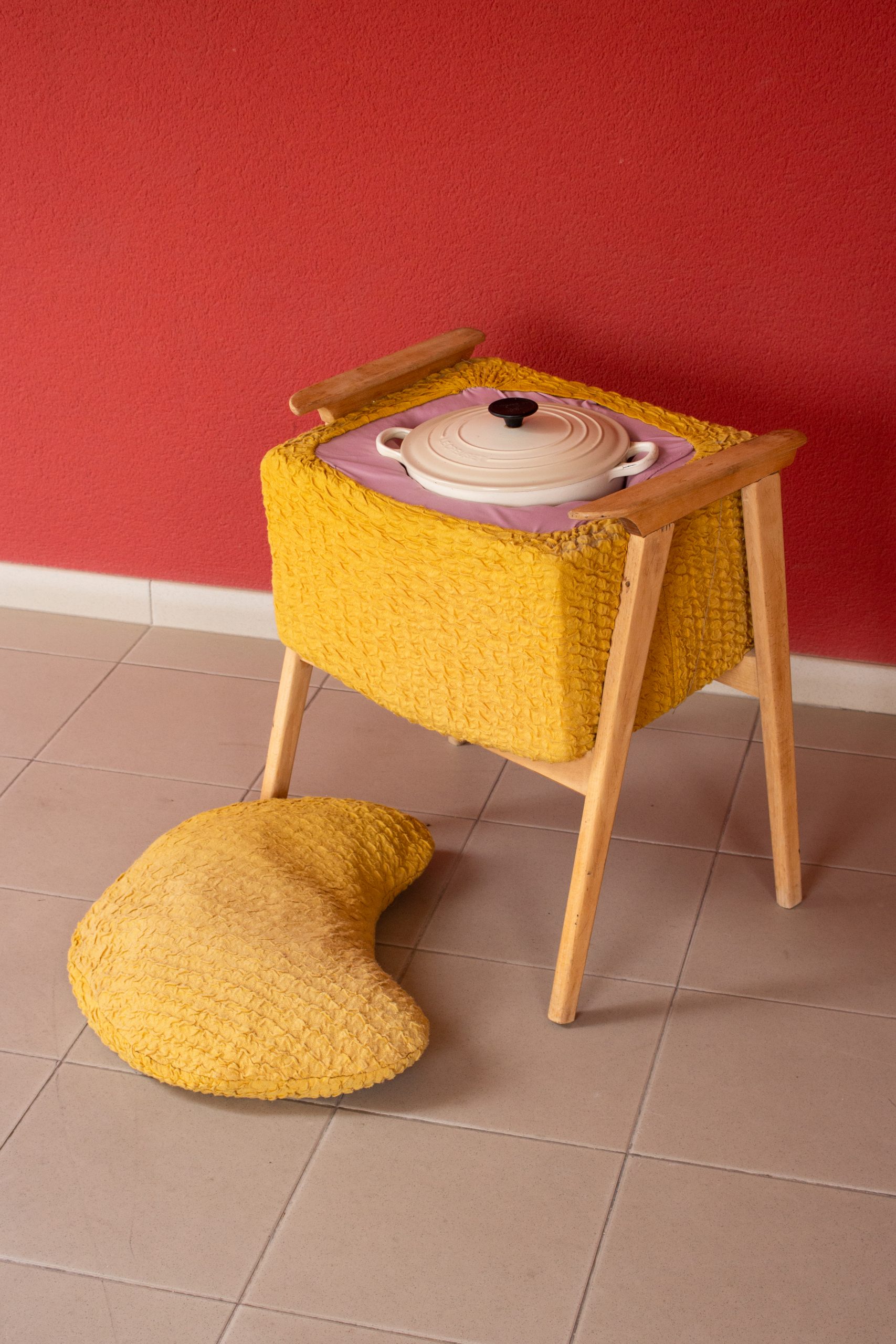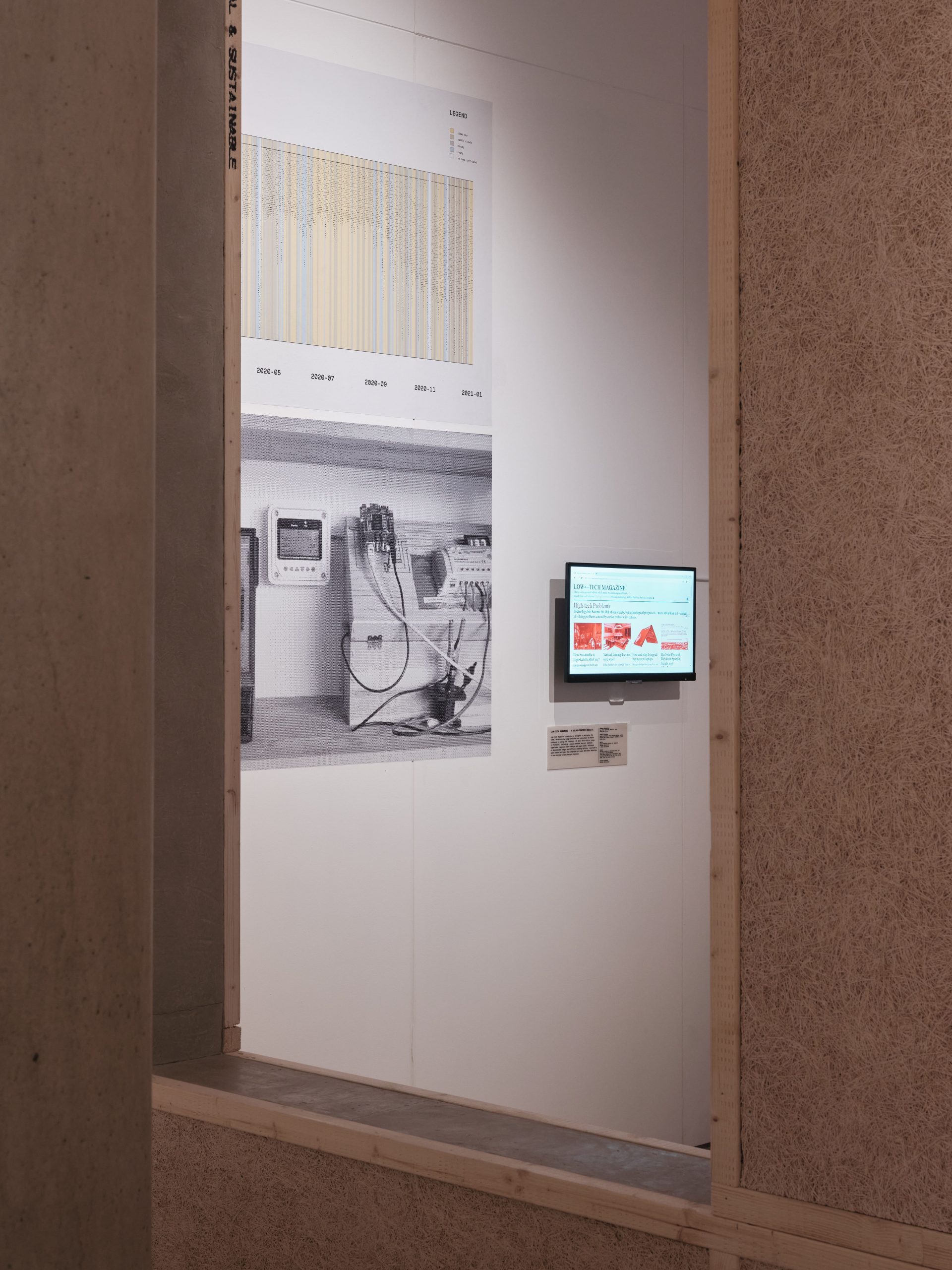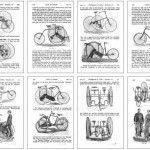Reader Martin Monin shares some links around hemp processing:
I don’t know if you have some research or an article under preparation for this, but as you know, hemp is an extraordinary plant for the low tech transition, and yet its use is still marginal, as it’s costlier than cotton/concrete and the other chemical/petrol substitutes.
There are multiple parts in the process, from the retting of the plant (which can be done naturally by letting the plant in the field after its cut, or chemically – like the Chinese do). And then decorticating, separating the fiber from the stem, and the flower/seeds. From my small research, it seems that the industry is more looking into huge machines to process the huge fields of American and Australian farmers. But there is not much around small scale farming, and I was wondering if you knew of any low tech projects around hemp processing?
Here is a machine made in Latvia that seems interesting but does only a small part of the whole process : https://hurdmaster.com/
And another project between USA and Zambia to build a whole hemp processing facility, very interesting : https://ehemp.house/
The dream would be to build a micro autonomous plant that produces seeds + flowers for CBD extraction, fiber for textile production and hurd for construction isolation…
Best,
Martin
